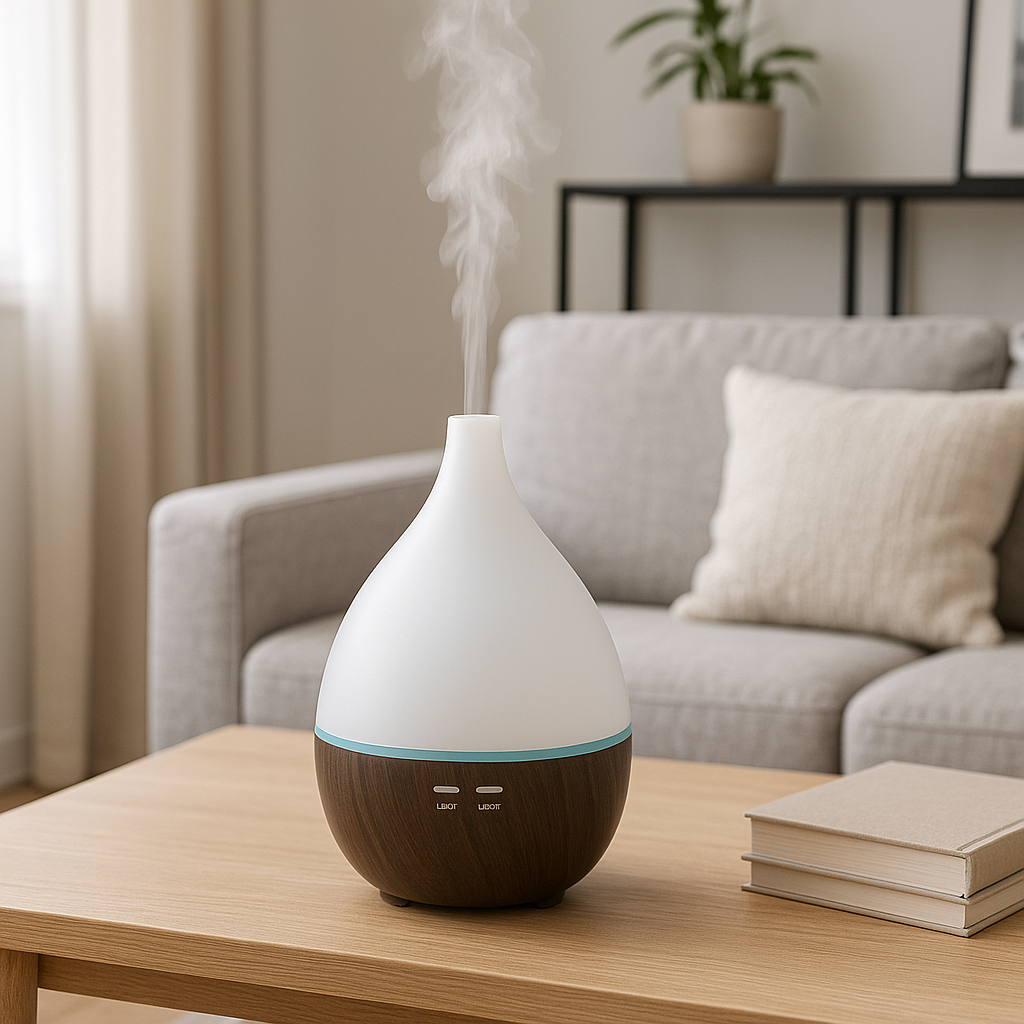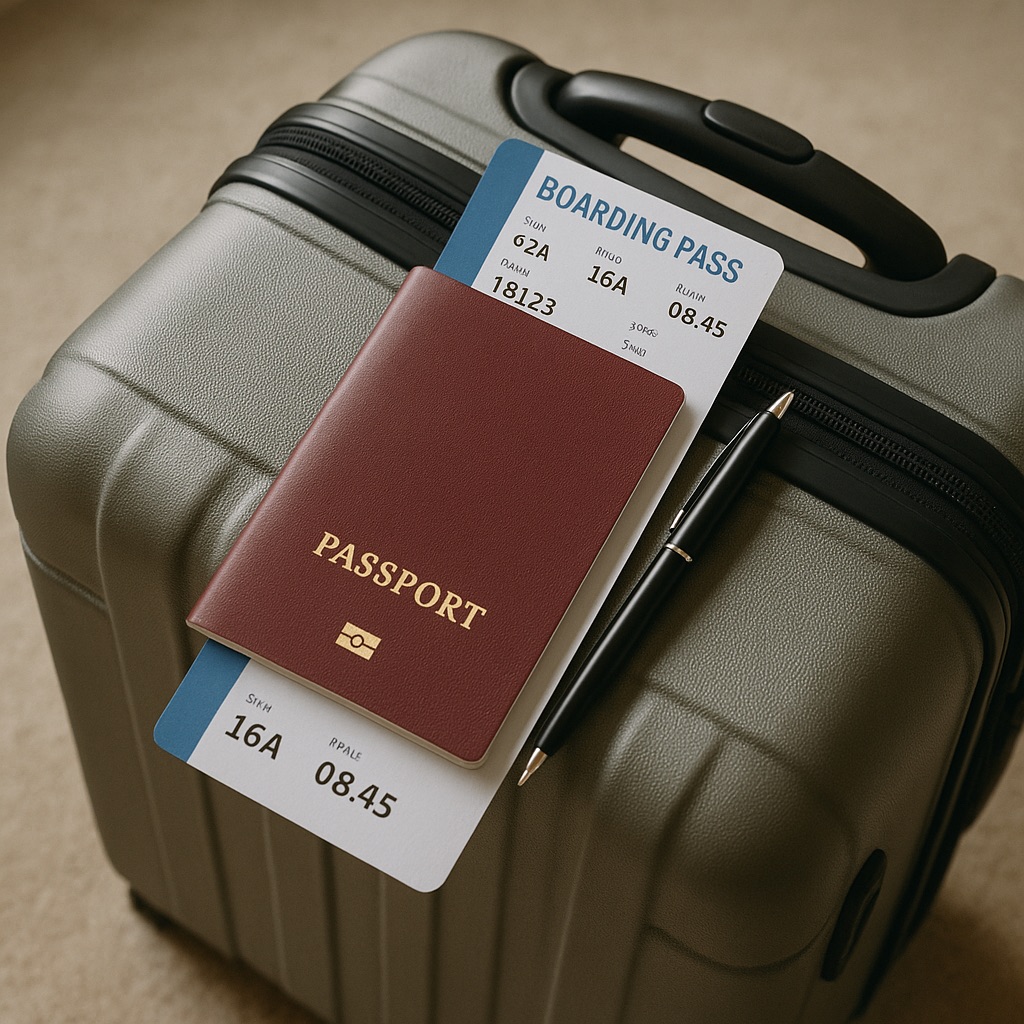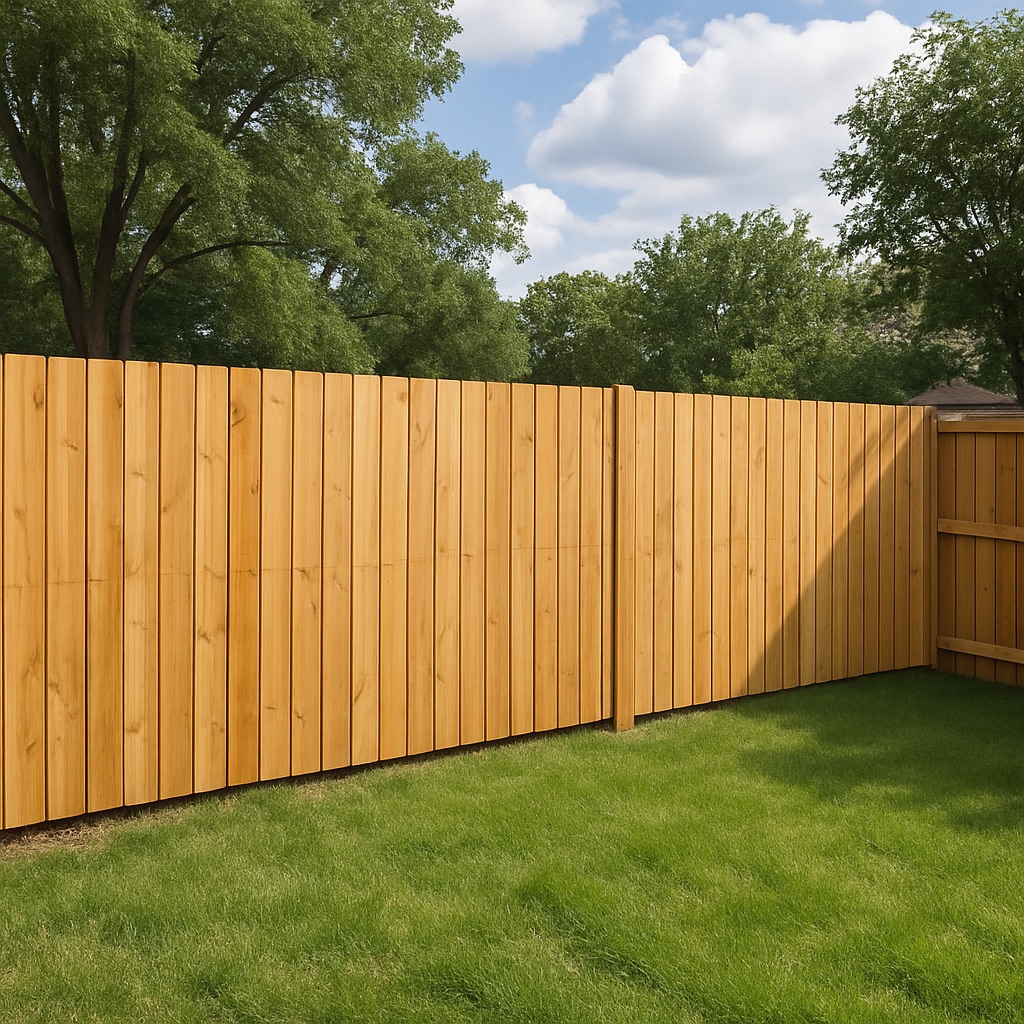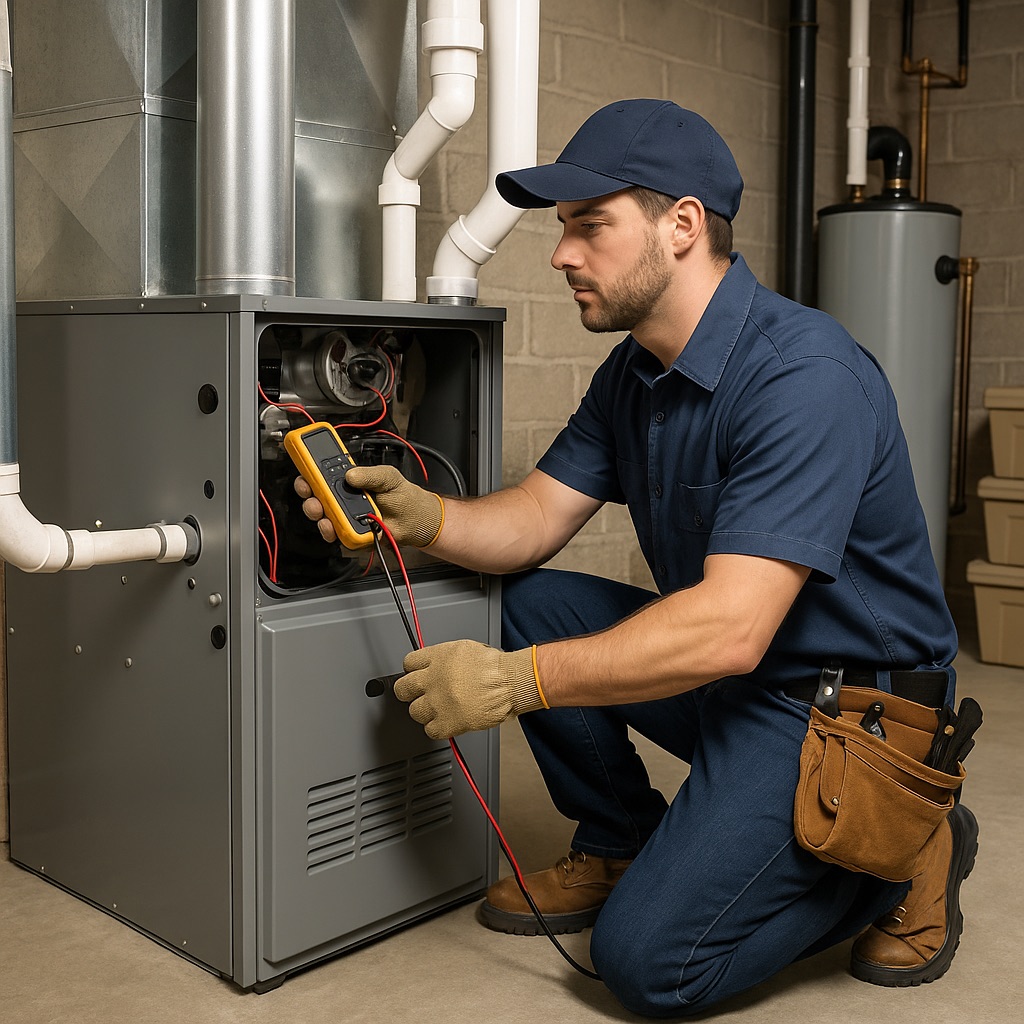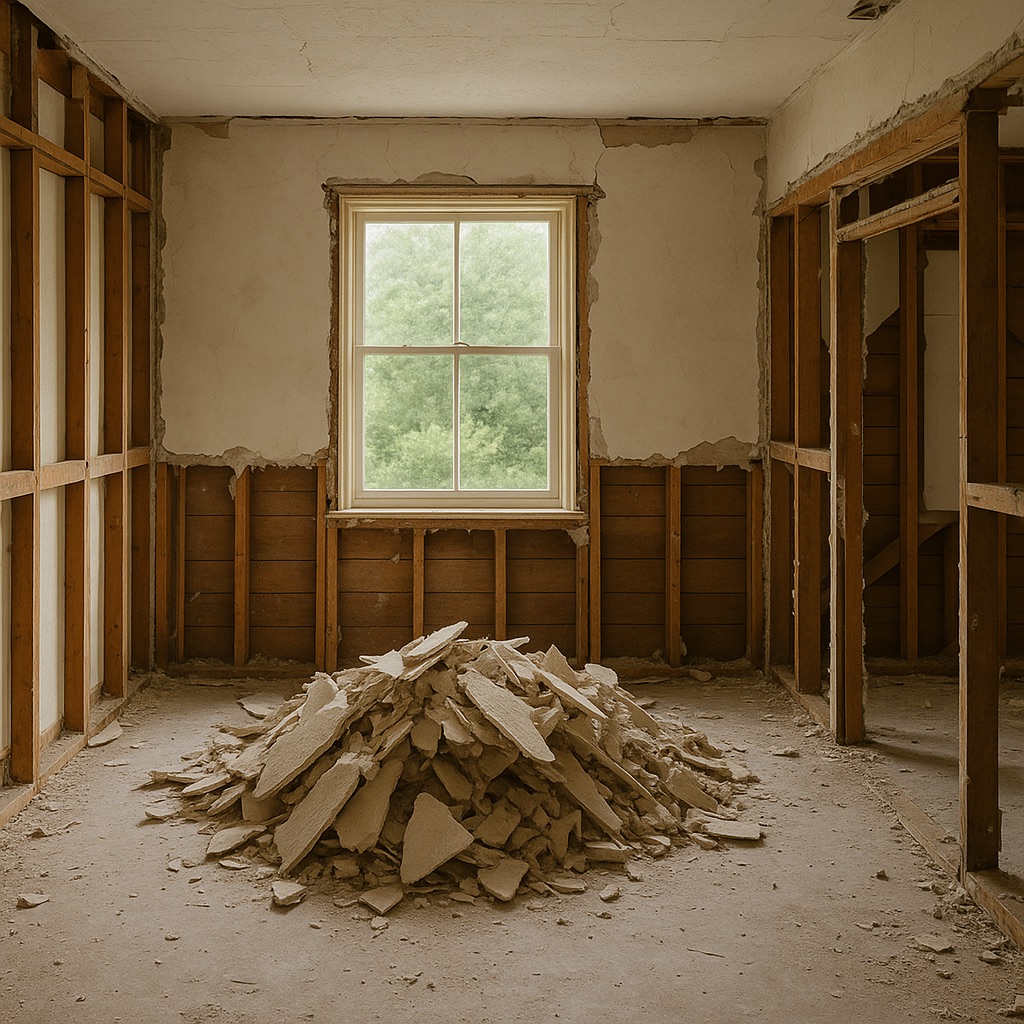Last updated on
Security cameras are an essential part of modern security systems, providing crucial surveillance and monitoring capabilities. They are used to deter criminals, monitor activities, and gather evidence in case of an incident.
However, a security camera’s effectiveness largely depends on its capacity to record clear and detailed footage, particularly at night when visibility is poor. Poor night vision may prevent your security camera from capturing the required information to identify potential threats.
Fortunately, there are several ways to improve the night vision quality of your security camera, and in this article, we’ll explore them in detail.
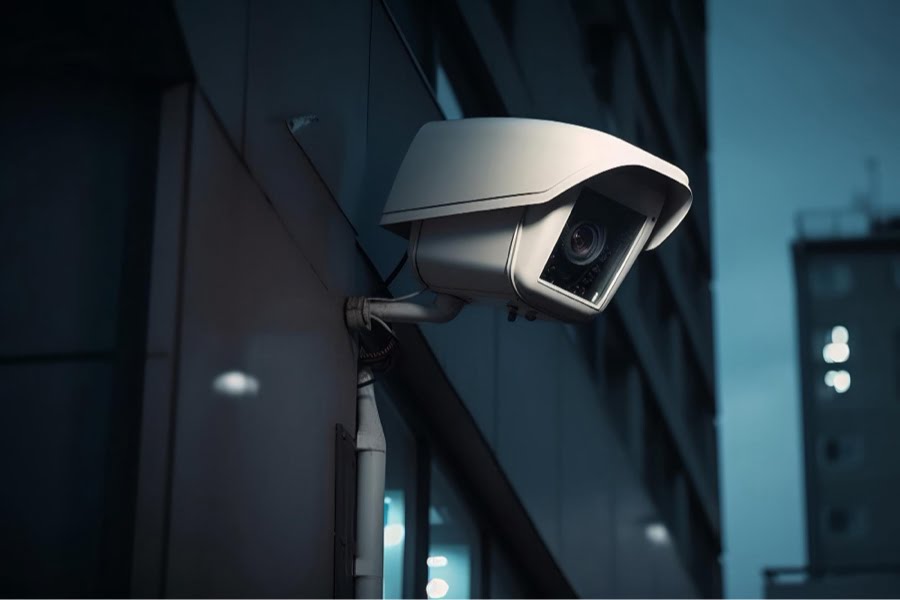
Before we dive into the tips and tricks to improve the night vision quality of your security camera, it’s essential to understand why your security camera may be blurry. Understanding the underlying causes of poor night vision quality can help you identify and address the issue more effectively.
Improving the night vision quality of your security camera is crucial in ensuring that your property and loved ones are well-protected, especially during nighttime hours when visibility is low.
Now let’s explore some effective ways to improve the night vision quality of your security camera:
Table of Contents
Upgrade to a High-Quality Camera
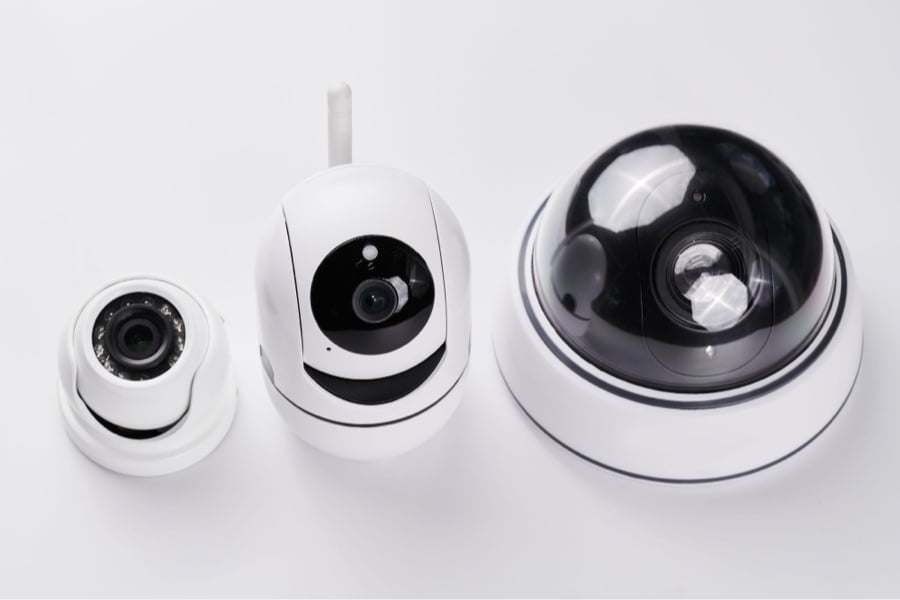
If you’re experiencing poor night vision quality, it may be time to upgrade to a better camera. The quality of your security camera’s lens, image sensor, and infrared lighting can significantly affect its performance.
High-end security cameras often have better lens quality, more advanced image sensors, and more powerful infrared lighting, which can improve night vision quality. Therefore, consider investing in a high-quality security camera if you want to improve your security system’s overall effectiveness.
Adjust Camera Settings
Most modern security cameras come with adjustable settings that can be optimized for different lighting conditions. If your camera’s night vision quality is poor, try adjusting its settings to optimize it for low-light conditions.
You may need to experiment with different settings to find the optimal configuration for your camera, but most cameras come with user-friendly interfaces that make this process relatively easy.
Add Additional Lighting
Sometimes, the issue with night vision quality isn’t with the camera itself, but rather with the lighting conditions in the area being monitored. In such cases, adding additional lighting to the area can significantly improve the camera’s performance.
Floodlights, spotlights, and motion-activated lights are all effective ways to add extra lighting to your security camera’s area of coverage. However, be careful not to add too much lighting, as this can create a “washout” effect that reduces visibility.
Clean the Camera Lens
Dirty or damaged camera lenses can significantly reduce the quality of your security camera’s footage. Therefore, it’s essential to keep your camera lenses clean and in good condition.
Regularly cleaning your camera lenses with a soft cloth or lens cleaner can help remove dirt, dust, and other debris that may be obstructing the lens. You might need to get a new lens if the old one is damaged.
Install a Separate Infrared Illuminator
Some security cameras come with built-in infrared illuminators, which help the camera capture clear footage in low-light conditions. However, the range and power of these illuminators can be limited, especially in larger areas.
In such cases, installing a separate infrared illuminator can significantly improve the camera’s night vision quality. These illuminators can provide a wider range and more powerful infrared lighting, which can enhance the camera’s performance in low-light conditions.
Adjust Camera Placement
The placement of your security camera can significantly affect its night vision quality. If your camera is placed too close to a light source, such as a streetlight or porch light, it can create a glare that reduces visibility.
Similarly, if your camera is too far from the area you’re trying to monitor, it may not be able to capture clear footage. Therefore, it’s essential to carefully consider the placement of your security camera and adjust it accordingly. You may need to experiment with different positions and angles to find the optimal placement for your camera.
Use High-Quality Cables
The quality of the cables used to connect your security camera to its power source and recording device can also affect its performance. Poor quality cables can cause signal loss, which can result in poor quality footage, especially in low-light conditions.
Therefore, it’s essential to use high-quality cables that are designed to handle the power and data requirements of your security camera.
Upgrade Your Recording Device
The quality of your security camera’s footage is only as good as the recording device it’s connected to. Therefore, if you’re experiencing poor night vision quality, it may be time to upgrade your recording device.
High-end recording devices often have better video processing capabilities, which can improve the quality of your camera’s footage. Additionally, newer recording devices may have advanced features, such as motion detection and remote viewing, that can enhance your security system’s overall effectiveness.
Use Motion Detection
Most modern security cameras come with motion detection features that can trigger recording and alert you when motion is detected in the area being monitored.
Using motion detection can help conserve storage space by only recording footage when motion is detected, and it can also help you quickly identify potential threats. Additionally, using motion detection can help improve night vision quality by reducing the amount of time the camera spends recording in low-light conditions.
The Takeaway
Improving the night vision quality of your security camera is essential for maximizing the effectiveness of your security system.
By upgrading to a high-quality camera, adjusting camera settings, adding additional lighting, cleaning the camera lens, installing a separate infrared illuminator, adjusting camera placement, using high-quality cables, upgrading your recording device, and using motion detection, you can significantly improve your camera’s night vision quality.
By using these methods and suggestions, you can make sure that your security camera records clear, precise footage even in dim lighting, assisting you in spotting potential dangers and protecting your home and loved ones.
